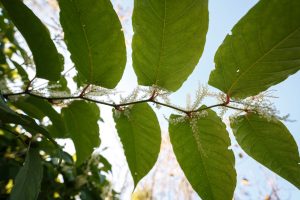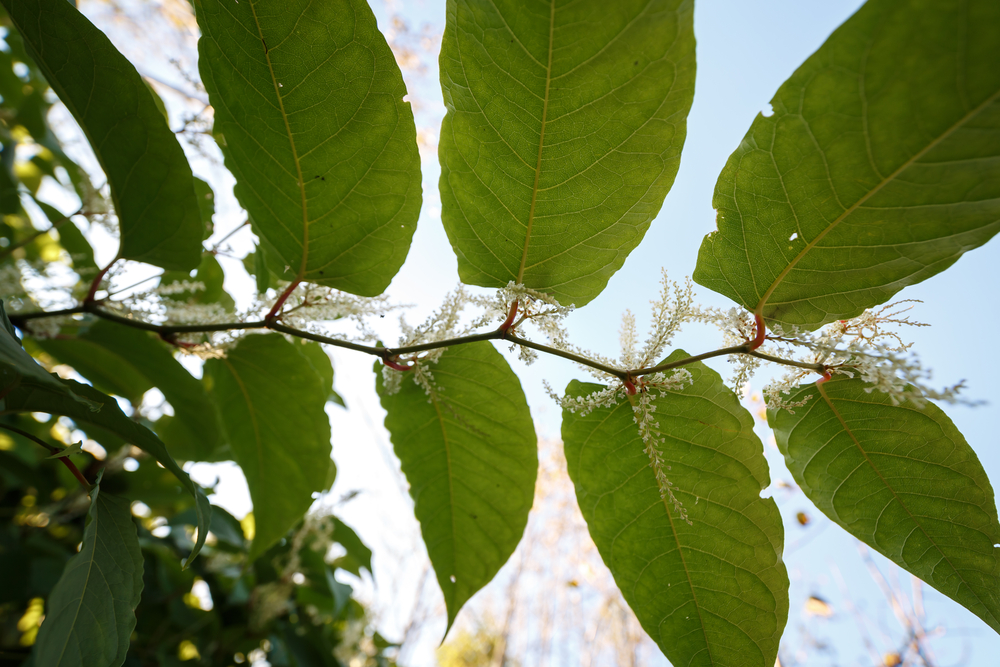 Paul Ryb, who lives in Highgate, North London, won costs and damages from the chartered surveyor who missed evidence of the growth of Japanese knotweed at the ground floor flat.
Paul Ryb, who lives in Highgate, North London, won costs and damages from the chartered surveyor who missed evidence of the growth of Japanese knotweed at the ground floor flat.
The weed, which can cause damage to property and is difficult to eradicate, is considered to be a risk by many mortgage lenders. If it is detected at a property this can lead to mortgages being rejected unless there is a treatment plan in place.
Homebuyers discovering the plant can also take out a specialist indemnity policy to cover the costs of any repairs, legal costs and treatment.
Comprehensive survey
In the recent case, Ryb commissioned the surveyor to carry out the most comprehensive survey available on his flat. It included a visual inspection of the grounds. The property was found to be in ‘excellent’ condition and the sale proceeded.
But, the following year a gardener discovered the invasive plant and further inspection by knotweed removal firm, Environet, found it had been present for more than three years and therefore easily identifiable when the survey took place.
Removal costs
Removing the Japanese knotweed cost Mr Ryb just over £10,000. He later took legal action against the surveyor for negligence, suing for costs and damages which included ‘making good’ of the gardens and grounds.
The judge in the case ruled in favour of Mr Ryb, awarding him damages and costs and taking into account the decrease in value of the property. In other words, what it would have been worth if knotweed had been disclosed.
Ryb said: “I would not have gone ahead with the purchase, or at the very least would have renegotiated the price, if I had known it was affected by Japanese knotweed.
“I am relieved to have finally won my case and I hope it gives hope to other homeowners who find themselves in a similar situation, that they may have a legal case for compensation.”
Worried about knotweed?
If you are buying a property and are concerned about Japanese knotweed, you can check if your local area is affected using Environet’s heatmap, a tracking tool which provides a picture of sightings across the UK.
Members of the public can enter their postcode to discover sightings in their area. Hotspots are clearly shown in yellow or red.
Nic Seal, found and MD of Environet, said: “Homeowners who instruct a building survey when they buy a property, should be able to trust a professional surveyor to identify Japanese knotweed. This case sends out a strong message that they will be protected by the law if their surveyor fails in his or her duty of care.
“However, if a homeowner makes deliberate attempts to cover or hide knotweed, a surveyor cannot reasonably be expected to dig up the ground. In that case, the buyer may decide to seek damages from the seller for failing to disclose and deliberately concealing the knotweed.”




